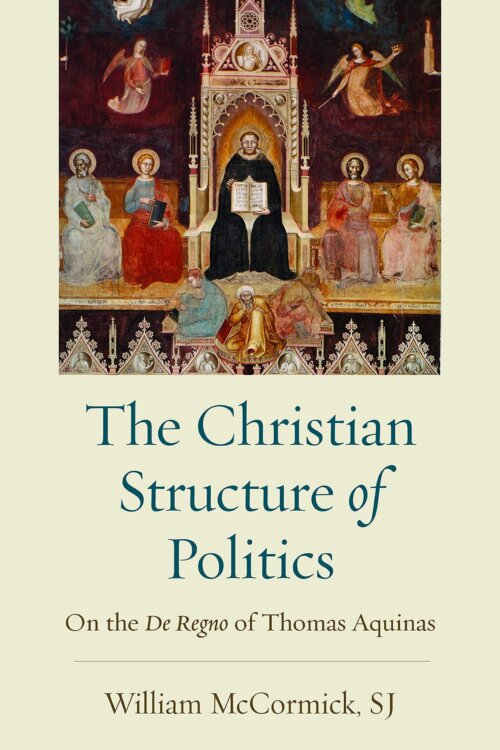What Can Saint Thomas Aquinas Teach us About Politics? A Review of William McCormick’s “The Christian Structure of Politics”

William McCormick. The Christian Structure of Politics: On the De Regno of Thomas Aquinas. Washington DC: Catholic University of America Press, 2022.




